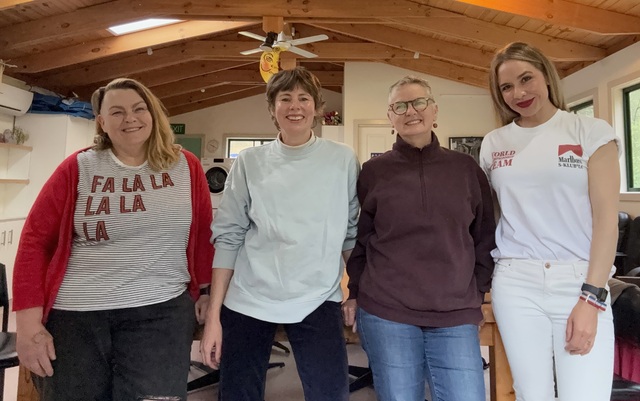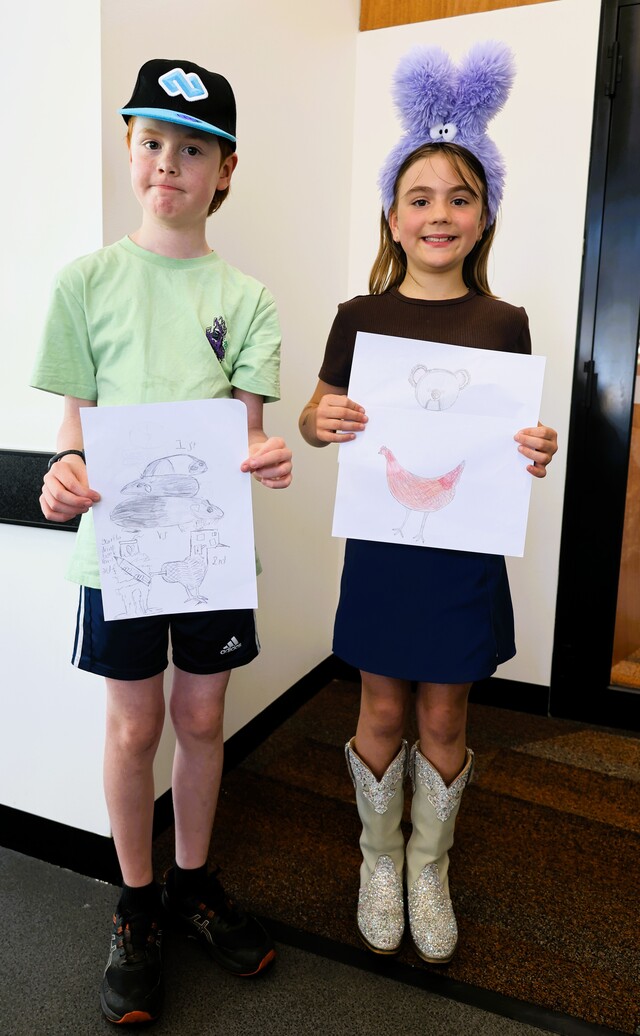A review of Raised by Wolves by Jess Ho
by Christine Yunn-Yu Sun
The subtitle of Jess Ho’s Raised by Wolves is “a memoir with bite”. Whoever chose the phrase is a genius, as it perfectly reflects the author’s writing style – honest, forthright, occasionally cynical, very funny, highly empathetic, and absolutely fierce.
To feel the impact of the sassy writing full-on, it is best to read it without any pre-research of the author’s background. Neither should you be alienated by the blurb on the back cover, which begins with “growing up Cantonese in the racist outer suburbs”. Truth be told, the book is nothing like your stereotypical “diverse” writing.
Ho has been working in hospitality since the age of 15, and is presently “one of the most influential voices in Australia’s bar and restaurant scene”. We soon learn the “scene” in Melbourne is far from what is promoted as our “food culture”, epitomised by popular cooking shows and glamorous chefs and restaurateurs.
Instead, Ho shows us the hospitality industry is full of greed, ego, sexual harassment, exploitation, and a never-ending fetishisation of anything and everything “exotic”, including foods, fashions and females. Many of our diners and drinkers are abusive and predatory, as they believe those paying are entitled to treating others like slaves.
Worse, our food culture is characterised by idolising trendy brands and big names, diluting other cuisines by “elevating” and “reinventing” them to suit our poorly informed palates, turning “authenticity” into “appropriation” while assuming “experience” means “entertainment”, and priding ourselves on “censoring parts of someone else’s culture and selling the easily digestible bits to a rich, white audience”.
In Ho’s words: “I should have known. My parents didn’t teach me much, but they taught me how to eat. The number-one rule of going to a restaurant serving ethnic food is that the majority of
people eating in the restaurant have to be from the cuisine’s cultural background.” Indeed, if you want authentic and quality food, just observe whether your fellow eaters truly appreciate the cooking and serving staff.
All this is conveyed through charm and humour, as first-hand insight from someone who has done the hard work inside and out, every step of the way. Each cautionary tale is built upon shared triumph and frustration among front- and back-of-the-house workers. Behind each smile and display of sophisticated knowledge and skills is an accumulation of years of trial and error through tears and sweat.
And the public prestige is interwoven with private pain, as Ho details how family can make or break you, how the loss of a beloved friend can shatter your heart, and how the right food prepared and presented in the right way can make you feel right at home. In the author’s words:
“I don’t need flashy service in architectural rooms, a view, or carefully curated playlists. I don’t need perfectly temperature-controlled spaces, open kitchens, or toilets with designer soaps. I don’t need a reinvention, reinterpretation, refining or deconstruction of a dish that is perfect enough as it is. I just want some really f*cking good food.”
















